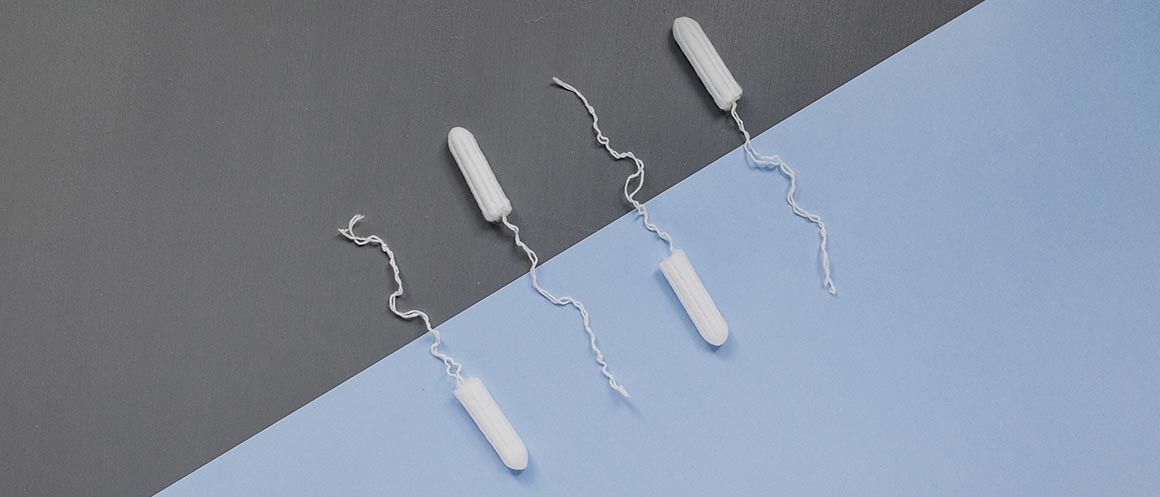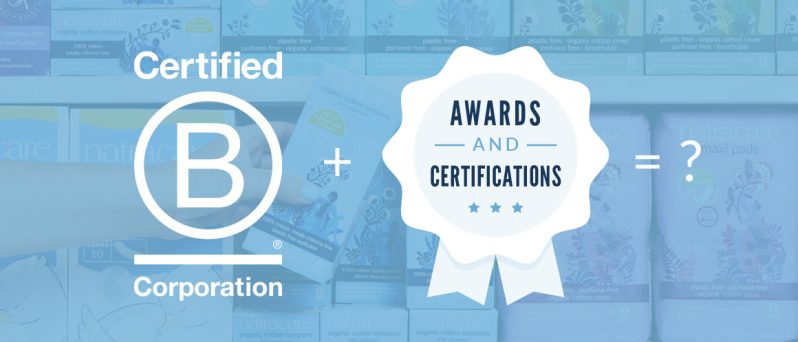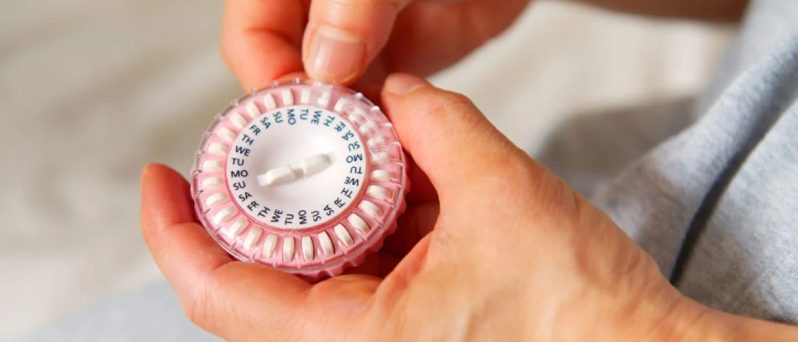Did you know that a woman is likely to use 17,000 pads or tampons in her lifetime?
Half the world’s population (3.5 billion people) have to buy period products every month! Why? Because if they didn’t it would be much harder to leave the house, go to school or work, meet up with friends.
Despite the necessity of menstrual products, in the UK and many other countries, menstrual pads, panty liners and tampons are taxed as “non-essential” items. N.B: definition of non-essential is not absolutely necessary. Menstruators are paying a levy for their periods.
What is (according to UK law) considered “essential”?
Razors for men, these have no VAT, while female razors do have VAT. Isn’t this essentially the same item in different colour packaging for the same purpose of removing hair? And is hair removal more essential than not leaking menstrual blood all over the place? Next! Exotic meats such as crocodile meat, yes, it is essential (apparently!) and therefore VAT free. Oh, and did we mention Jaffa Cakes?!
It would seem that there is no real logic behind what is or isn’t essential which is why the “Vagina Added Tax” as it has come to be known has hit the headlines countless time this year. The subject even caused a fiery debate in the House of Commons where for a moment it seemed the luxury goods charge applied to period products might be abolished.
The Menstrual Revolution happening amongst students
Despite the government’s current refusal to drop the tax, Student Unions across the country have taken the decision to absorb the cost of the VAT charge themselves so cash-strapped students don’t have to. The campaign known as #freeperiods has been adopted by Universities from Birmingham to Newcastle, all taking the 5% hit. Some are even selling sanitary products profit-free like the University of East Anglia. Meanwhile, every Wednesday students at the University of Sussex can receive period products – free of charge. The University Student’s Union (USSU) has been selling products at cost-price following campaigns from its students in 2014. The #freeperiods campaign has now gone one step further in offering free packs on campus. In keeping with the environmental stance of the city, alongside conventional sanitary products the USSU also offer their students environmentally and ethically friendly alternatives, e.g. Natracare and menstrual cups. The USSU’s Welfare Officer, Rianna Gargiulo, has been instrumental in organising the campaign with the USSU, there is specifically allocated funding with enough money to provide 1500 students with sanitary products for the year.
The bigger picture
The tampon tax isn’t a UK only issue. Canada successfully dropped their sanitary product tax earlier in 2015, amidst pressure from a highly popular online petition and campaign and Ireland haven’t been charging the tax for years. The UK isn’t ready to follow suit . The bill proposed in October 2015 to abolish the tax was rejected. Cue women posting pics of themselves lying in luxurious bathtubs filled with their so-called premium period products and pictures of pads with the caption ”sometimes you just need to treat yourself”.
That said the women in the UK aren’t the worst off. The tampon tax was amended in 2000 and the charge was reduced from 17.5% VAT to 5% VAT. In Italy the tampon tax remains as high as 22% with Slovakia and Germany not far behind charging 20% and 19% respectively.
Nevertheless the UK government still makes £15 million each year on charging VAT on sanitary products. The debate which began earlier in the year has kept up with momentum with George Osborne announcing yesterday that the money gleaned from periods would be used to fund women’s health and support charities. An announcement which has been met with much controversy.
Is the tampon tax here to stay? No doubt 2016 will bring further debates regarding the luxury positioning of tampons in society.









